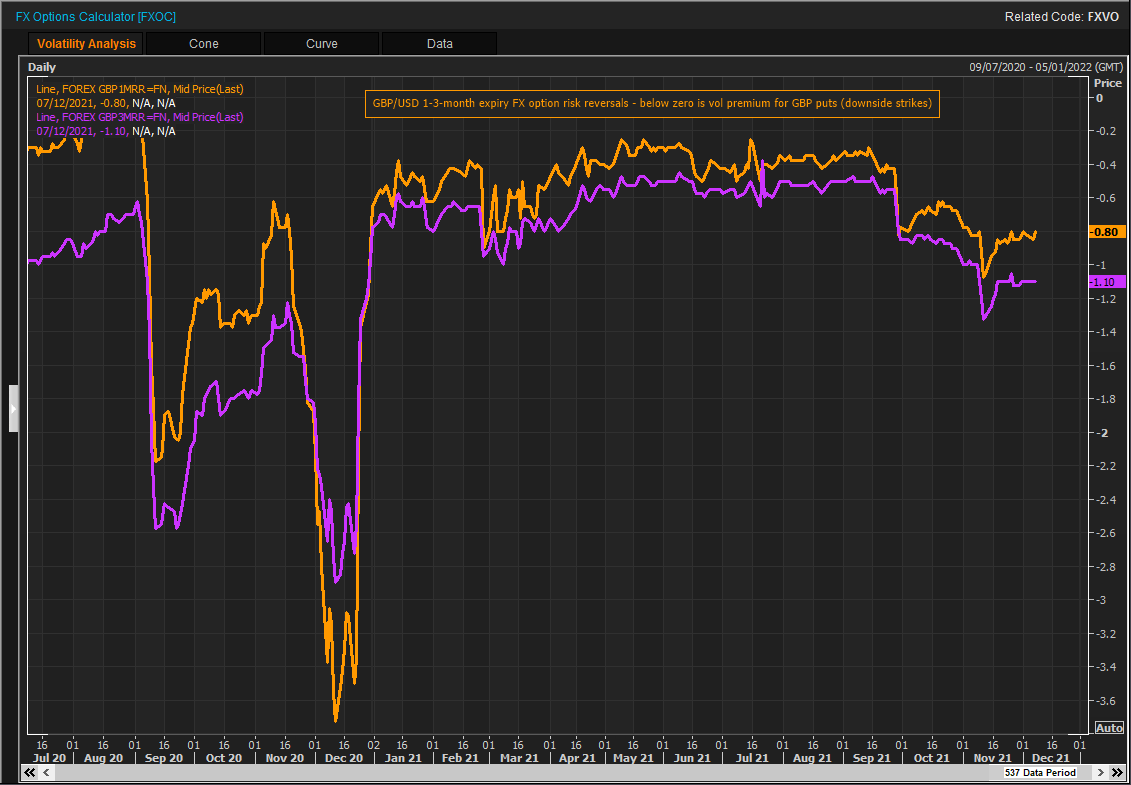
ETF brokerages that specialize in ETFs can offer you a variety account options to fit your needs. Some brokers offer seminars, webinars, or educational resources to help you get started. Check to see if the broker offers video tutorials for experienced investors. The platform's quality as well as the ease of editing ETF position positions are important factors to consider. The platform should be user-friendly, allowing you to quickly and easily navigate the website and make trades.
TD Ameritrade (a well-known retail brokerage) is a good choice. The broker offers trading in stock and ETFs at a low commission. You can also choose from a variety of account types. Some accounts even have an auto-investing option. You can also access a variety of helpful extras like market analysis tools and economic calendars. You can also get debit and credit cards. These payment methods are secure and easy. You can make payments online, or through an app.
Pepperstone is another great option for ETF trading. The platform has a wide variety of ETFs and technical indicators to help investors make their trading decisions. To test the platform, the company offers a free demo account. There are also options to set free stops and limits. To make trading easier, you can also use the Pepperstone mobile app.

ETFs can also be purchased through Betterment, another popular option. This online brokerage provides an ETF screener which can be tailored to your specific needs. There are many filters available, including market cap and sector as well as social responsibility ratings. You can also use the ETF Builder to find the best ETFs that suit your risk tolerance. A 0.25% management fee applies to each $10,000 you invest.
FirstTrade Securities offers another great option for ETF trades. It offers more commission-free ETFs then any other broker. It also has a great platform, which includes an ETF screener and Morningstar research. You can also access the platform through four mobile apps.
eToro combines both the social networking elements of a brokerage with the investing aspects of a social platform. It allows you to trade ideas with other investors and to create strategies based on your ideas. It also allows you to choose fractional shares as well as copy portfolios that are held by experienced investors. It is not the best way to invest long-term, but it is worth considering.
Interactive Brokers is another popular option for ETF trades. There are many options available for investors, including demo accounts and commission-free ETFs. It has an excellent educational section about ETFs which will allow you to learn more about the markets. You will find all the latest news on the website, which is easy to navigate. Interactive Brokers is well-known for its loyalty program. You're sure to find an investor community to join.

While not the best option for long-term investing, Webull is a great option for investors who want to invest in crypto and ETFs. To manage your account on the go, you can either use the mobile app or the desktop platform to make trades. You can also access educational resources as well as live streaming data.
FAQ
How can people lose money in the stock market?
Stock market is not a place to make money buying high and selling low. It's a place you lose money by buying and selling high.
The stock market offers a safe place for those willing to take on risk. They may buy stocks at lower prices than they actually are and sell them at higher levels.
They believe they will gain from the market's volatility. But if they don't watch out, they could lose all their money.
What is security in a stock?
Security is an investment instrument whose value depends on another company. It can be issued by a corporation (e.g. shares), government (e.g. bonds), or another entity (e.g. preferred stocks). If the asset's value falls, the issuer will pay shareholders dividends, repay creditors' debts, or return capital.
What is a "bond"?
A bond agreement between 2 parties that involves money changing hands in exchange for goods or service. Also known as a contract, it is also called a bond agreement.
A bond is usually written on a piece of paper and signed by both sides. The document contains details such as the date, amount owed, interest rate, etc.
The bond can be used when there are risks, such if a company fails or someone violates a promise.
Bonds are often used together with other types of loans, such as mortgages. This means that the borrower must pay back the loan plus any interest payments.
Bonds are also used to raise money for big projects like building roads, bridges, and hospitals.
A bond becomes due upon maturity. This means that the bond owner gets the principal amount plus any interest.
If a bond does not get paid back, then the lender loses its money.
What are the pros of investing through a Mutual Fund?
-
Low cost – buying shares directly from companies is costly. A mutual fund can be cheaper than buying shares directly.
-
Diversification - Most mutual funds include a range of securities. The value of one security type will drop, while the value of others will rise.
-
Management by professionals - professional managers ensure that the fund is only investing in securities that meet its objectives.
-
Liquidity: Mutual funds allow you to have instant access cash. You can withdraw your money whenever you want.
-
Tax efficiency - mutual funds are tax efficient. Because mutual funds are tax efficient, you don’t have to worry much about capital gains or loss until you decide to sell your shares.
-
Buy and sell of shares are free from transaction costs.
-
Mutual funds are easy-to-use - they're simple to invest in. All you need is a bank account and some money.
-
Flexibility: You can easily change your holdings without incurring additional charges.
-
Access to information - you can check out what is happening inside the fund and how well it performs.
-
Investment advice – you can ask questions to the fund manager and get their answers.
-
Security - Know exactly what security you have.
-
Control - you can control the way the fund makes its investment decisions.
-
Portfolio tracking – You can track the performance and evolution of your portfolio over time.
-
Ease of withdrawal - you can easily take money out of the fund.
What are the disadvantages of investing with mutual funds?
-
Limited choice - not every possible investment opportunity is available in a mutual fund.
-
High expense ratio - the expenses associated with owning a share of a mutual fund include brokerage charges, administrative fees, and operating expenses. These expenses will reduce your returns.
-
Lack of liquidity - many mutual fund do not accept deposits. They must be bought using cash. This limits your investment options.
-
Poor customer support - customers cannot complain to a single person about issues with mutual funds. Instead, contact the broker, administrator, or salesperson of the mutual fund.
-
Ridiculous - If the fund is insolvent, you may lose everything.
How do I invest in the stock market?
Through brokers, you can purchase or sell securities. A broker buys or sells securities for you. When you trade securities, you pay brokerage commissions.
Brokers usually charge higher fees than banks. Banks often offer better rates because they don't make their money selling securities.
A bank account or broker is required to open an account if you are interested in investing in stocks.
A broker will inform you of the cost to purchase or sell securities. The size of each transaction will determine how much he charges.
Your broker should be able to answer these questions:
-
To trade, you must first deposit a minimum amount
-
whether there are additional charges if you close your position before expiration
-
what happens if you lose more than $5,000 in one day
-
how many days can you hold positions without paying taxes
-
whether you can borrow against your portfolio
-
Transfer funds between accounts
-
How long it takes to settle transactions
-
The best way buy or sell securities
-
How to Avoid fraud
-
How to get help if needed
-
How you can stop trading at anytime
-
whether you have to report trades to the government
-
How often you will need to file reports at the SEC
-
whether you must keep records of your transactions
-
If you need to register with SEC
-
What is registration?
-
How does it impact me?
-
Who is required to register?
-
When do I need registration?
What's the role of the Securities and Exchange Commission (SEC)?
The SEC regulates securities exchanges, broker-dealers, investment companies, and other entities involved in the distribution of securities. It enforces federal securities regulations.
Can bonds be traded?
Yes they are. As shares, bonds can also be traded on exchanges. They have been traded on exchanges for many years.
The only difference is that you can not buy a bond directly at an issuer. You will need to go through a broker to purchase them.
It is much easier to buy bonds because there are no intermediaries. This means you need to find someone willing and able to buy your bonds.
There are different types of bonds available. Some pay interest at regular intervals while others do not.
Some pay quarterly, while others pay interest each year. These differences make it possible to compare bonds.
Bonds are a great way to invest money. You would get 0.75% interest annually if you invested PS10,000 in savings. If you invested this same amount in a 10-year government bond, you would receive 12.5% interest per year.
If you were to put all of these investments into a portfolio, then the total return over ten years would be higher using the bond investment.
Statistics
- Our focus on Main Street investors reflects the fact that American households own $38 trillion worth of equities, more than 59 percent of the U.S. equity market either directly or indirectly through mutual funds, retirement accounts, and other investments. (sec.gov)
- Even if you find talent for trading stocks, allocating more than 10% of your portfolio to an individual stock can expose your savings to too much volatility. (nerdwallet.com)
- US resident who opens a new IBKR Pro individual or joint account receives a 0.25% rate reduction on margin loans. (nerdwallet.com)
- For instance, an individual or entity that owns 100,000 shares of a company with one million outstanding shares would have a 10% ownership stake. (investopedia.com)
External Links
How To
How can I invest in bonds?
You need to buy an investment fund called a bond. While the interest rates are not high, they return your money at regular intervals. These interest rates can be repaid at regular intervals, which means you will make more money.
There are several ways to invest in bonds:
-
Directly buy individual bonds
-
Purchase of shares in a bond investment
-
Investing via a broker/bank
-
Investing through a financial institution
-
Investing with a pension plan
-
Invest directly through a stockbroker.
-
Investing in a mutual-fund.
-
Investing through a unit trust.
-
Investing via a life policy
-
Investing with a private equity firm
-
Investing using an index-linked funds
-
Investing with a hedge funds